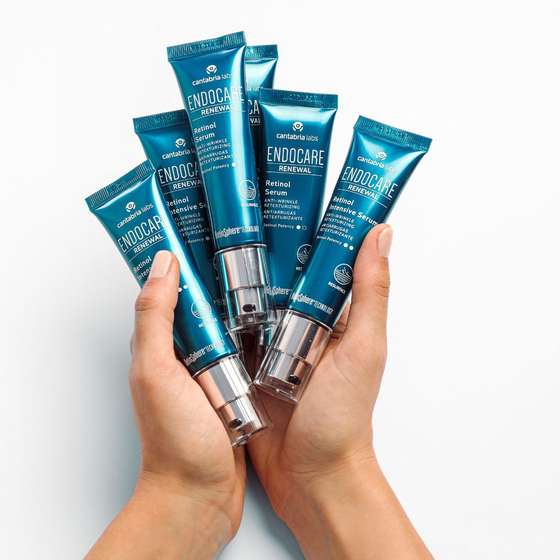Most people only start to worry about their skin when the first wrinkles and signs of sagging appear. However, anti-aging care should start much earlier. According to Joana Dias Coelho, dermatologist, “around the age of 25 there begins to be a reduction in collagen synthesis”, something that worsens closer to menopause: due to the decrease in estrogen, women lose around 30% of their collagen between two years. ages 50 and 55 years. At age 25, “what begins to appear are small fine lines closer to the outer corner of the eyes.” Therefore, it is around this age when anti-aging care should begin, neither before nor after. Especially because, as the dermatologist points out, starting to take care of the skin too soon, especially with products that are not appropriate for age, can bring risks: “Overhydrating the skin will alter the skin barrier, and when we have a change in the barrier In fact, we have a change in the entire balance. In addition, overhydration also causes an increase in sebum production, which causes clogged pores and often leads to the appearance of acne in our 20s and 30s, which is cosmetic acne caused by overhydration.
In her professional opinion, Joana Dias Coelho advocates “in the morning the use of antioxidants, which can be vitamin C, ferulic acid, resveratrol or other molecules that exist on the market and, at night, the use of more renewing products.” . The use of these renewing products, in essence, represents a turnover of cells, that is, cell renewal and, ultimately, stimulates collagen synthesis. In young people, the use of products such as glycolic acid, retinoids or salicylic acid at night plays an important role, because at this age the skin is still relatively oily and this will control sebum production.”
To know how to act and what products to use, it is best to choose reference brands, in the dermatological area, that have proven scientific and skin care points of view. The Endocare Renewal line, from Cantabria Labs, is developed with retinoids and acts in the deepest layers of the skin, in order to stimulate cell renewal. In addition to hydrating and regenerating, it also contains antioxidants that help fight free radicals, that is, aggressive agents, protecting the skin from environmental damage and preventing premature aging. Using RetinSphere technology, which encapsulates retinoids and gradually releases the active ingredients, minimizes the possibility of irritation often associated with these ingredients.

Retinoids, do you know what they are? We translate.
Retinoids, collagen, and free radicals may seem like complex scientific concepts to those unfamiliar with some of the terms associated with skin aging. Therefore, it is important to clarify what exactly we are talking about.
Retinoids – explains Joana Dias Coelho, dermatologist, “are a family of molecules analogous to vitamin A, which have a very important action on the different layers of the skin”: “In the epidermis, which is the most superficial layer, they end up stimulating a turnover and have an antioxidant action. In the dermis, which is our middle layer, they actually lead to collagen synthesis (i.e., increase collagen production) and also reduce degradation.” All of this translates into “an increase in the amount of collagen”, giving rise to “a more structured dermis”. Furthermore, according to the dermatologist, retinoids also have “a very interesting action on the pigmentation” of the skin and should be used to treat any type of imperfections, since they can reduce the synthesis of melanin.
Although retinoids are safe for all skin types, Joana Dias Coelho points out that they are a family of molecules with “irritating power, which can cause some peeling and erythema. But they have this irritating power in the molecules. Retinol, in particular, is very well tolerated.” The dermatologist even advises the use of retinoids at night for rosacea patients. Although it is debatable in the literature, the only stage of life in which I do not apply retinoids to my patients is when they are thinking about becoming pregnant or are already pregnant,” he explains.
In addition to the application of retinoids, a fundamental factor in skin care and in the fight against aging is, in the opinion of the dermatologist, the “daily use of sunscreen”: “Exposing the skin to ultraviolet radiation will cause the formation of free radicals that damage collagen. If we use sunscreen daily, we will have less collagen destruction and more stable collagen.” Therefore, he maintains that it is important to use “good quality sunscreens that protect well from UVB and UVA radiation.”
Source: Observadora
